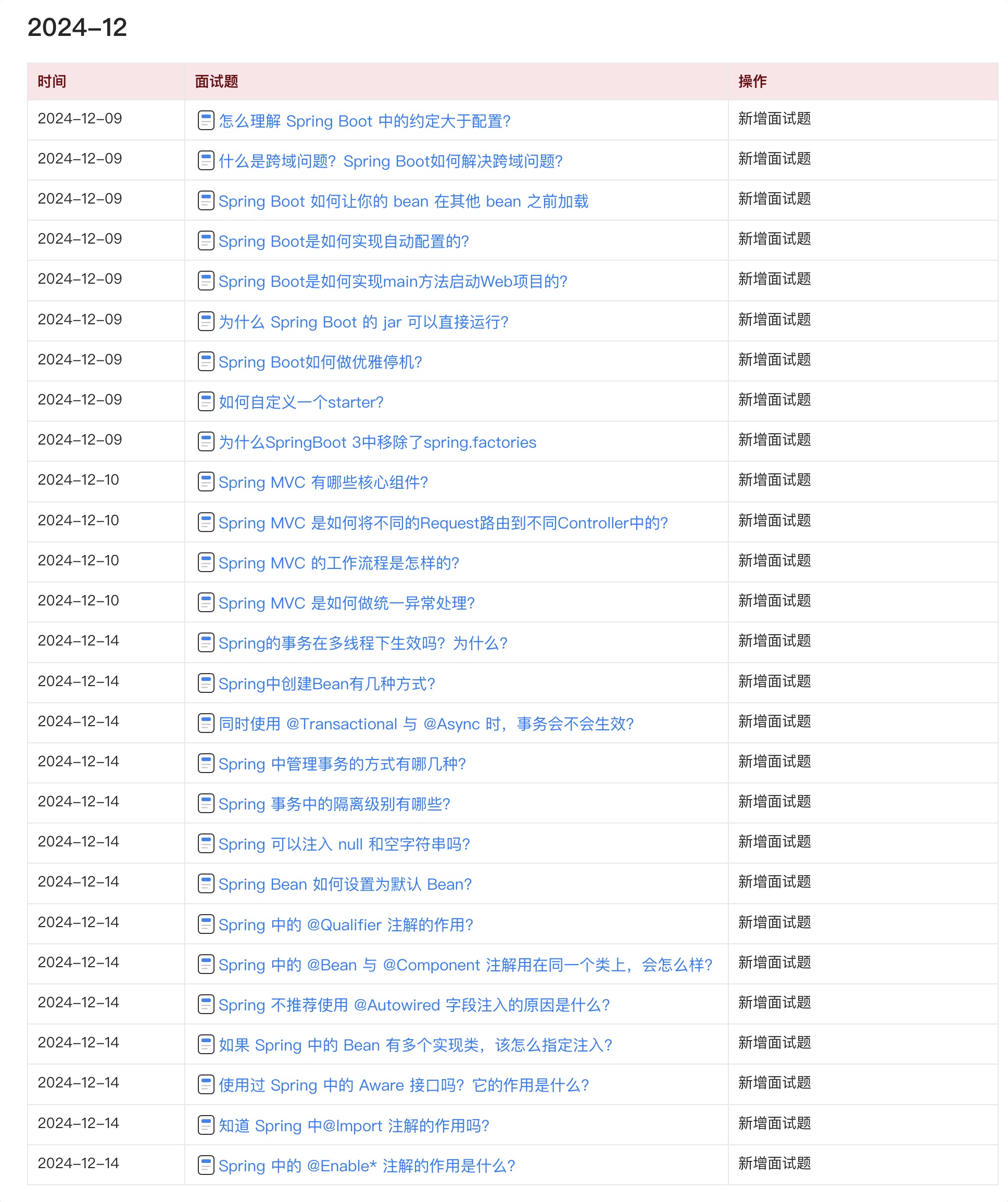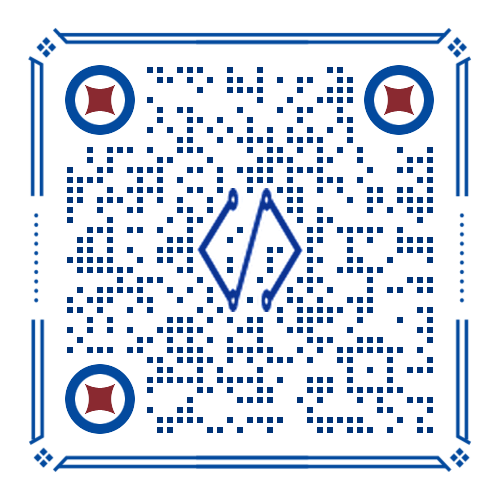2. 前端连接建立与认证
Created with Raphaël 2.1.0MySql连接建立以及认证过程clientclientMySqlMySql1.TCP连接请求2.接受TCP连接3.TCP连接建立4.握手包HandshakePacket5.认证包AuthPacket6.如果验证成功,则返回OkPacket7.默认会发送查询版本信息的包8.返回结果包
2.3 (5~6)认证包AuthPacket,如果验证成功,则返回OkPacket
继续执行FrontendConnection的register()方法:
// 异步读取并处理,这个与RW线程中的asynRead()相同,之后客户端收到握手包返回AuthPacket就是从这里开始看。
this.asynRead();
FrontendConnection.asynRead()方法直接调用this.socketWR.asynRead();如之前所述,一个Connection对应一个socketWR。在这里是一个FrontendConnection对应一个NIOSocketWR。NIOSocketWR是操作类,里面的方法实现异步读写。
NIOSocketWR.asynRead():
public void asynRead() throws IOException {
ByteBuffer theBuffer = con.readBuffer;
if (theBuffer == null) {
theBuffer = con.processor.getBufferPool().allocate();
con.readBuffer = theBuffer;
}
//从channel中读取数据,并且保存到对应AbstractConnection的readBuffer中,readBuffer处于write mode,返回读取了多少字节
int got = channel.read(theBuffer);
//调用处理读取到的数据的方法
con.onReadData(got);
}
读取完数据到缓存readBuffer后,调用处理readBuffer方法:
AbstractConnection.onReadData(int got):
public void onReadData(int got) throws IOException {
//如果连接已经关闭,则不处理
if (isClosed.get()) {
return;
}
ByteBuffer buffer = this.readBuffer;
lastReadTime = TimeUtil.currentTimeMillis();
//读取到的字节小于0,表示流关闭,如果等于0,代表TCP连接关闭了
if (got < 0) {
this.close("stream closed");
return;
} else if (got == 0) {
if (!this.channel.isOpen()) {
this.close("socket closed");
return;
}
}
netInBytes += got;
processor.addNetInBytes(got);
// 循环处理字节信息
//readBuffer一直处于write mode,position记录最后的写入位置
int offset = readBufferOffset, length = 0, position = buffer.position();
for (; ; ) {
//获取包头的包长度信息
length = getPacketLength(buffer, offset);
if (length == -1) {
if (!buffer.hasRemaining()) {
buffer = checkReadBuffer(buffer, offset, position);
}
break;
}
//如果postion小于包起始位置加上包长度,证明readBuffer不够大,需要扩容
if (position >= offset + length) {
buffer.position(offset);
byte[] data = new byte[length];
//读取一个完整的包
buffer.get(data, 0, length);
//处理包,每种AbstractConnection的处理函数不同
handle(data);
//记录下读取到哪里了
offset += length;
//如果最后写入位置等于最后读取位置,则证明所有的处理完了,可以清空缓存和offset
//否则,记录下最新的offset
//由于readBufferOffset只会单线程(绑定的RW线程)修改,但是会有多个线程访问(定时线程池的清理任务),所以设为volatile,不用CAS
if (position == offset) {
if (readBufferOffset != 0) {
readBufferOffset = 0;
}
buffer.clear();
break;
} else {
readBufferOffset = offset;
buffer.position(position);
continue;
}
} else {
if (!buffer.hasRemaining()) {
buffer = checkReadBuffer(buffer, offset, position);
}
break;
}
}
}
private ByteBuffer checkReadBuffer(ByteBuffer buffer, int offset,
int position) {
if (offset == 0) {
if (buffer.capacity() >= maxPacketSize) {
throw new IllegalArgumentException(
"Packet size over the limit.");
}
int size = buffer.capacity() << 1;
size = (size > maxPacketSize) ? maxPacketSize : size;
ByteBuffer newBuffer = processor.getBufferPool().allocate(size);
buffer.position(offset);
newBuffer.put(buffer);
readBuffer = newBuffer;
recycle(buffer);
return newBuffer;
} else {
buffer.position(offset);
buffer.compact();
readBufferOffset = 0;
return buffer;
}
}
可以看出,处理缓存需要考虑到容量,扩容和位置记录等方面。
这里,readBuffer一直处于写模式。MyCat通过position(),还有get(data, 0, length)来读取数据。readBufferOffset用来记录每次读取的offset,需要设置为volatile。由于readBufferOffset只会单线程(绑定的RW线程)修改,但是会有多个线程访问(定时线程池的清理空闲连接的任务),所以设为volatile,不用CAS。 这是一个经典的用volatile代替CAS实现多线程安全访问的场景。
MyCat的缓存管理思路很好,之后我会仔细讲。
读取完整包之后,交给handler处理。每种AbstractConnection的handler不同,FrontendConnection的handler为FrontendAuthenticator
this.handler = new FrontendAuthenticator(this);
我们思考下,FrontendConnection会接收什么请求呢?有两种,认证请求和SQL命令请求。只有认证成功后,才会接受SQL命令请求。FrontendAuthenticator只负责认证请求,在认证成功后,将对应AbstractConnection的handler设为处理SQL请求的FrontendCommandHandler即可.
一切正常的话,这里读取到的应为客户端发出的AuthPacket:

AuthPacket:
- packet length(3 bytes)
- packet number (1)
- client flags (4)
- max packet (4)
- charset(1)
- username (null terminated string)
- password (length code Binary)
- database (null terminated string)
public void handle(byte[] data) {
// check quit packet
if (data.length == QuitPacket.QUIT.length && data[4] == MySQLPacket.COM_QUIT) {
source.close("quit packet");
return;
}
AuthPacket auth = new AuthPacket();
auth.read(data);
// check user
if (!checkUser(auth.user, source.getHost())) {
failure(ErrorCode.ER_ACCESS_DENIED_ERROR, "Access denied for user '" + auth.user + "' with host '" + source.getHost()+ "'");
return;
}
// check password
if (!checkPassword(auth.password, auth.user)) {
failure(ErrorCode.ER_ACCESS_DENIED_ERROR, "Access denied for user '" + auth.user + "', because password is error ");
return;
}
// check degrade
if ( isDegrade( auth.user ) ) {
failure(ErrorCode.ER_ACCESS_DENIED_ERROR, "Access denied for user '" + auth.user + "', because service be degraded ");
return;
}
// check schema
switch (checkSchema(auth.database, auth.user)) {
case ErrorCode.ER_BAD_DB_ERROR:
failure(ErrorCode.ER_BAD_DB_ERROR, "Unknown database '" + auth.database + "'");
break;
case ErrorCode.ER_DBACCESS_DENIED_ERROR:
String s = "Access denied for user '" + auth.user + "' to database '" + auth.database + "'";
failure(ErrorCode.ER_DBACCESS_DENIED_ERROR, s);
break;
default:
//认证成功,设置好用户数据库和权限等,将handler设置为FrontendCommandHandler
success(auth);
}
}
认证成功后,会发送OkPacket,对应FrontendConnection的handler变成了FrontendCommandHandler,可以接受SQL请求了。
发送OkPacket的过程与HandshakePacket相同,这里不再赘述。
source.write(source.writeToBuffer(AUTH_OK, buffer));
OkPacket结构:

- packet length(3 bytes)
- packet number (1)
- 0x00 (1,包体首字节为0)
- affect rows (length code Binary)
- insert id (length code Binary)
- server status (2)
- warning status (2)
- message (length code Binary)
Java 面试宝典是大明哥全力打造的 Java 精品面试题,它是一份靠谱、强大、详细、经典的 Java 后端面试宝典。它不仅仅只是一道道面试题,而是一套完整的 Java 知识体系,一套你 Java 知识点的扫盲贴。
它的内容包括:
- 大厂真题:Java 面试宝典里面的题目都是最近几年的高频的大厂面试真题。
- 原创内容:Java 面试宝典内容全部都是大明哥原创,内容全面且通俗易懂,回答部分可以直接作为面试回答内容。
- 持续更新:一次购买,永久有效。大明哥会持续更新 3+ 年,累计更新 1000+,宝典会不断迭代更新,保证最新、最全面。
- 覆盖全面:本宝典累计更新 1000+,从 Java 入门到 Java 架构的高频面试题,实现 360° 全覆盖。
- 不止面试:内容包含面试题解析、内容详解、知识扩展,它不仅仅只是一份面试题,更是一套完整的 Java 知识体系。
- 宝典详情:https://www.yuque.com/chenssy/sike-java/xvlo920axlp7sf4k
- 宝典总览:https://www.yuque.com/chenssy/sike-java/yogsehzntzgp4ly1
- 宝典进展:https://www.yuque.com/chenssy/sike-java/en9ned7loo47z5aw
目前 Java 面试宝典累计更新 400+ 道,总字数 42w+。大明哥还在持续更新中,下图是大明哥在 2024-12 月份的更新情况:

想了解详情的小伙伴,扫描下面二维码加大明哥微信【daming091】咨询

同时,大明哥也整理一套目前市面最常见的热点面试题。微信搜[大明哥聊 Java]或扫描下方二维码关注大明哥的原创公众号[大明哥聊 Java] ,回复【面试题】 即可免费领取。

